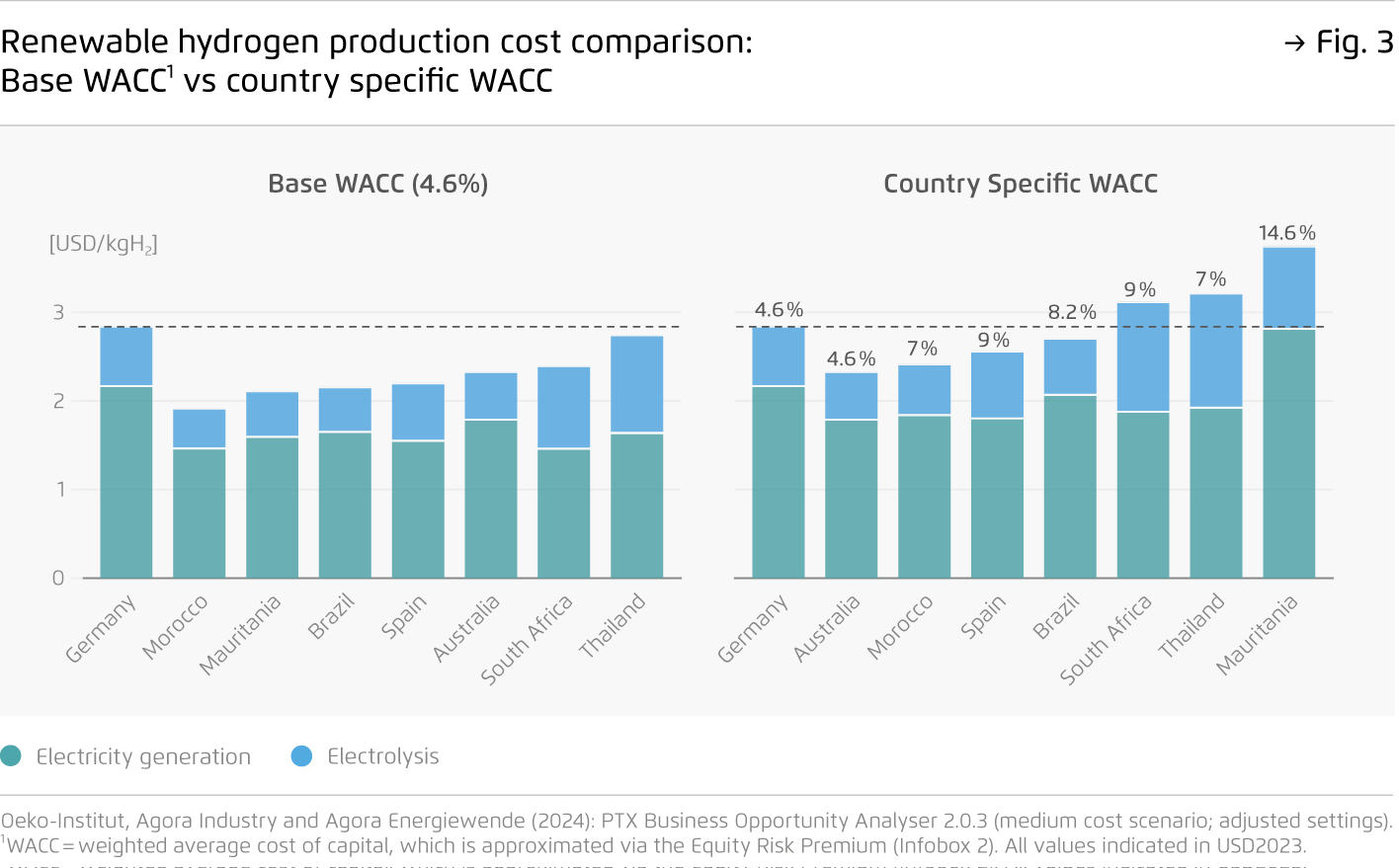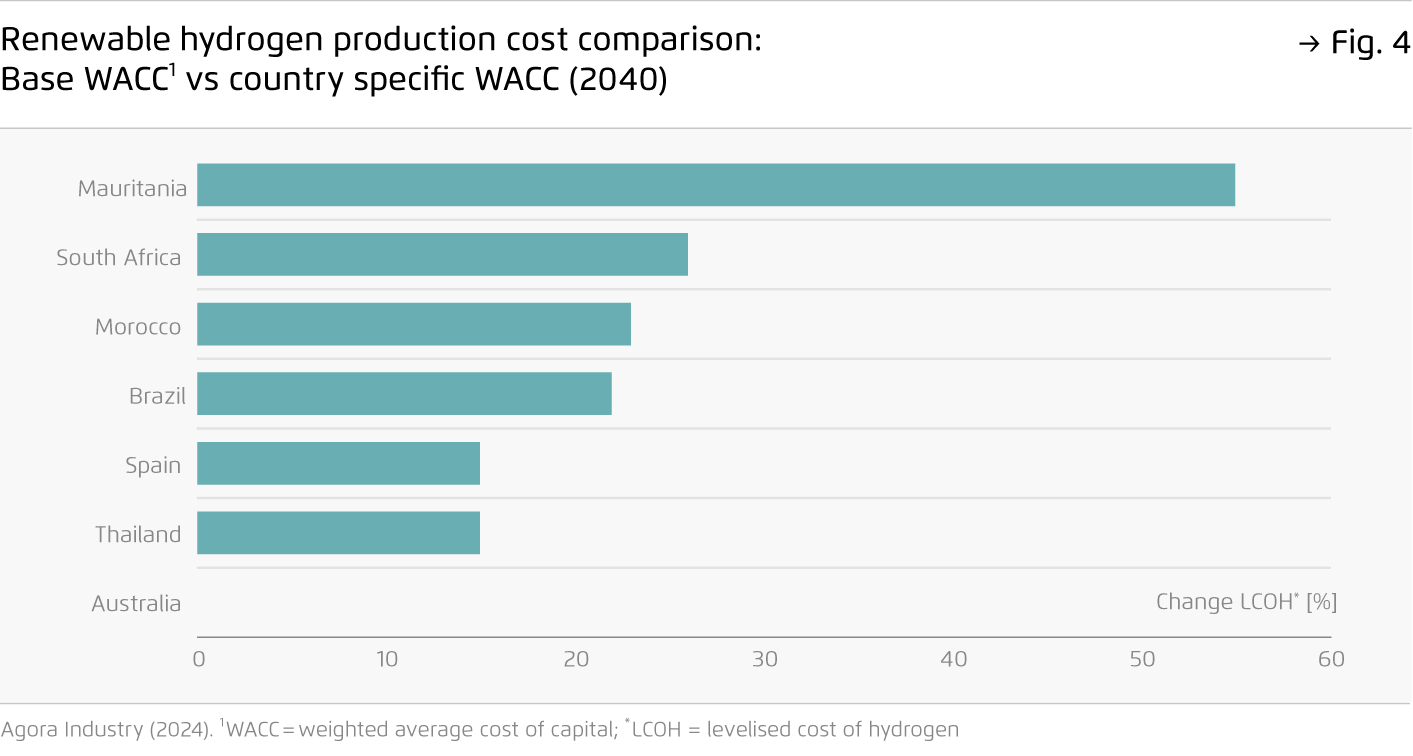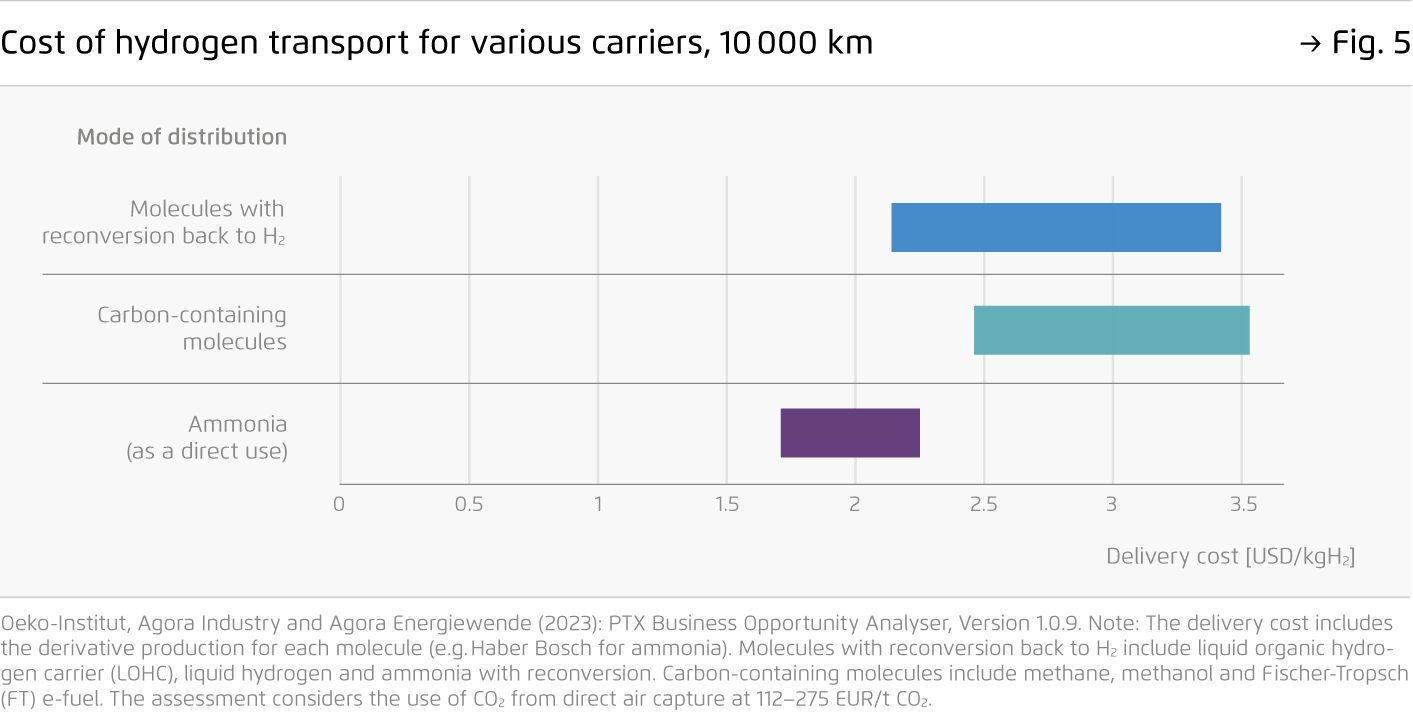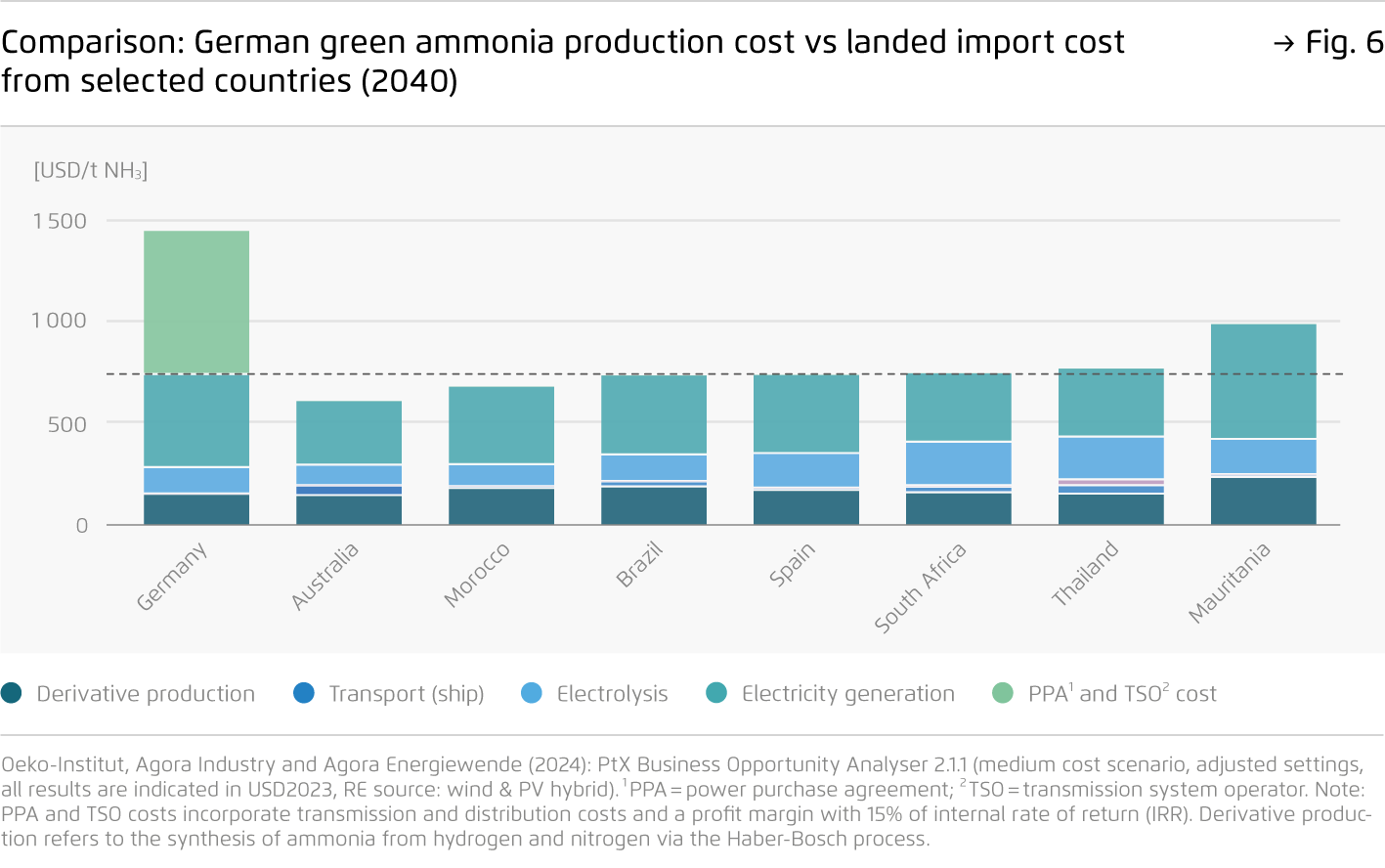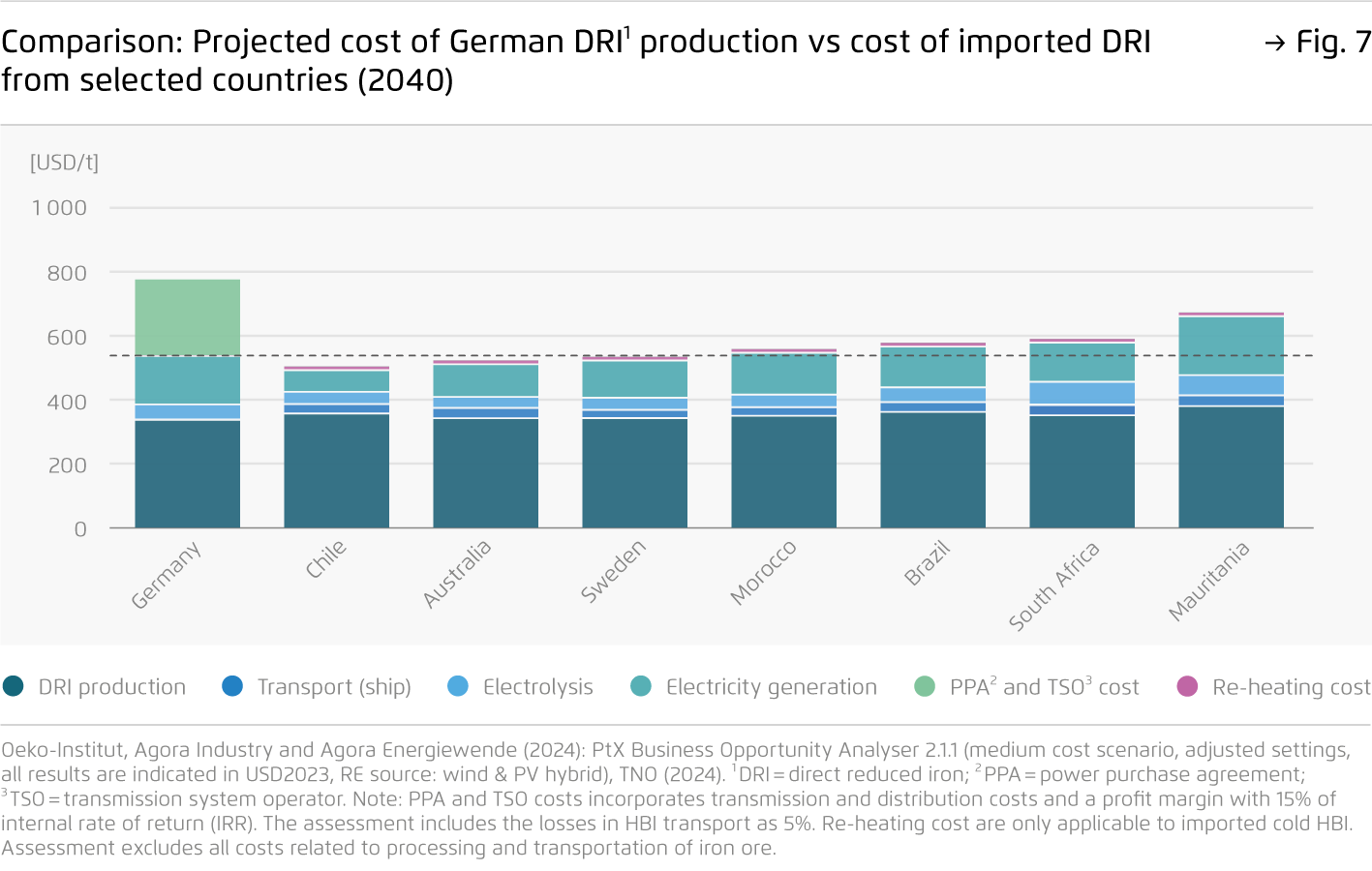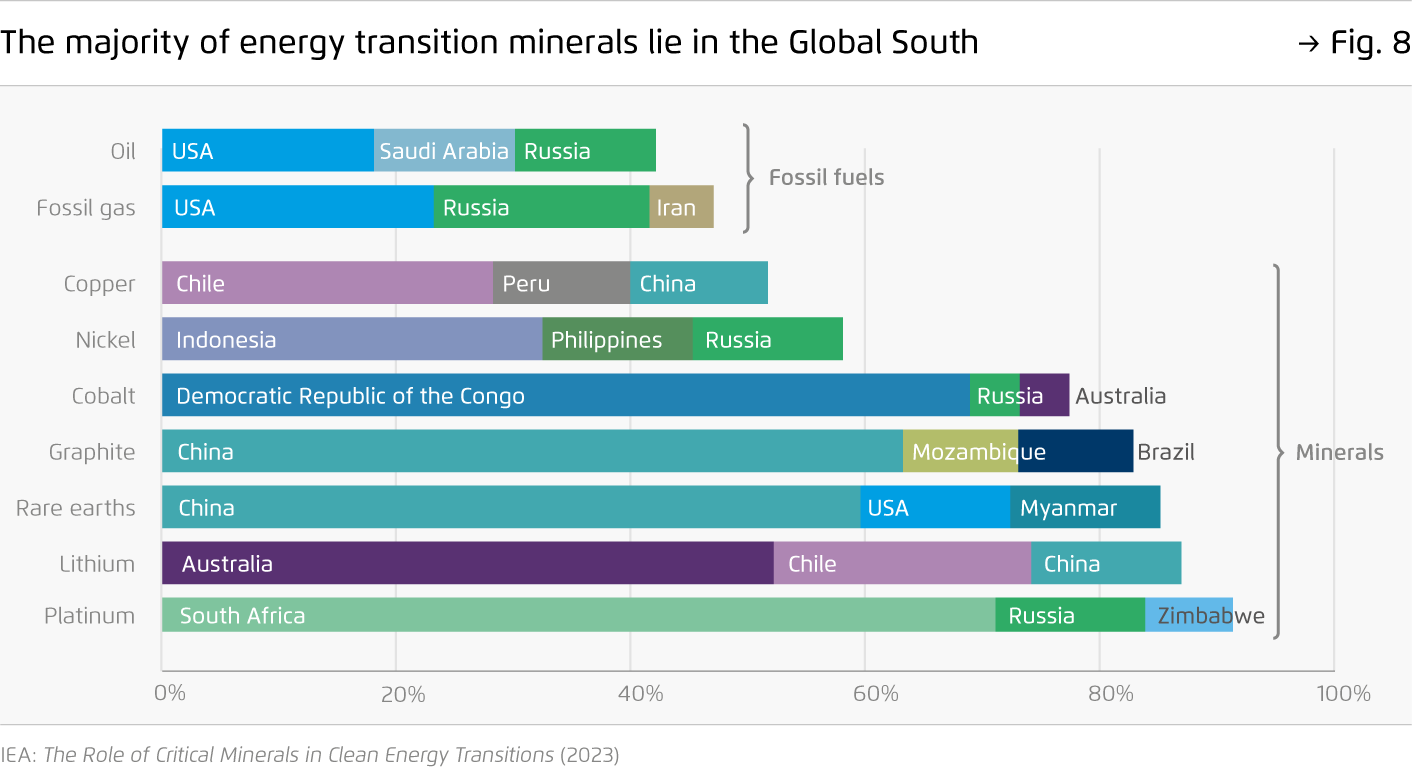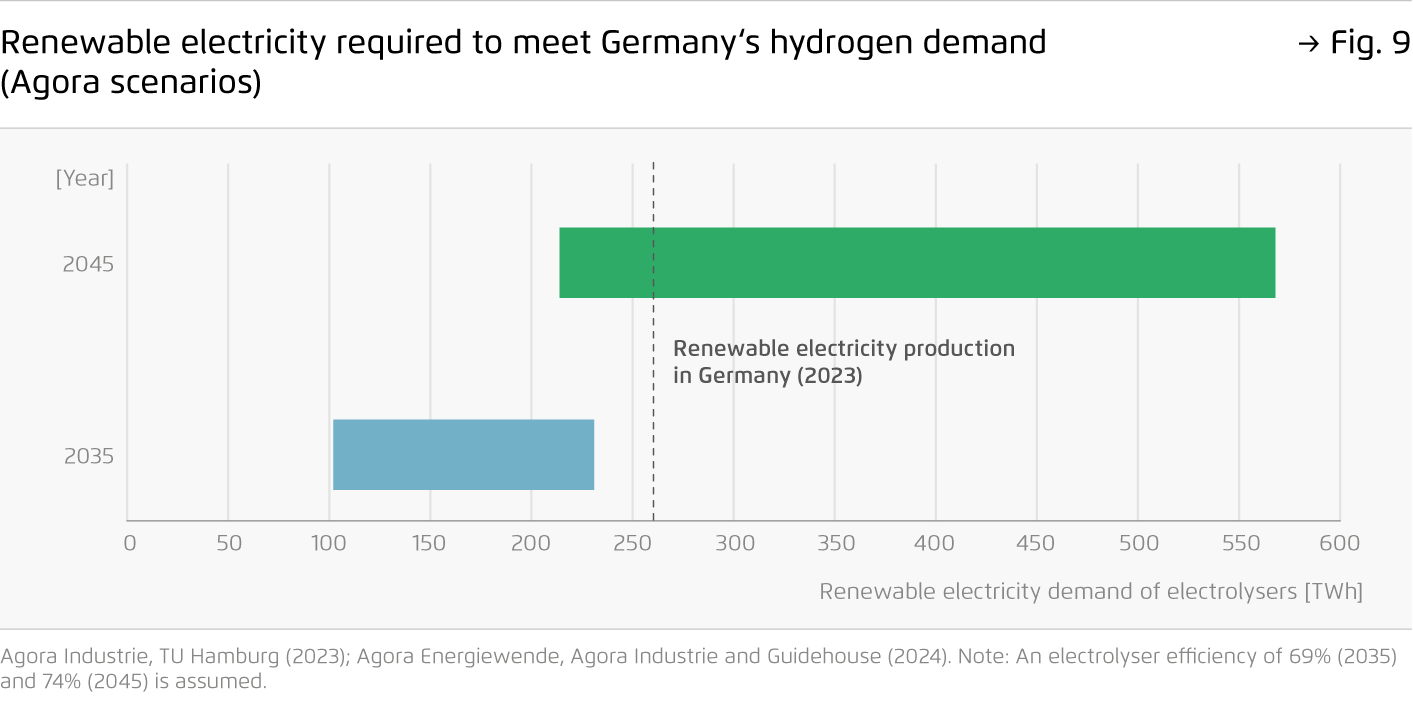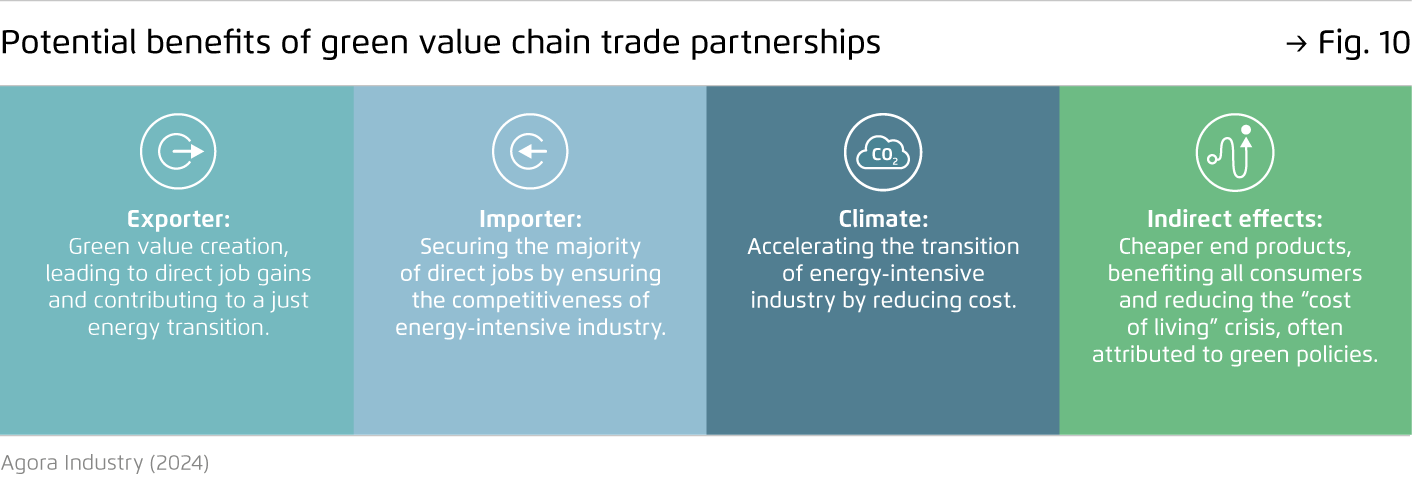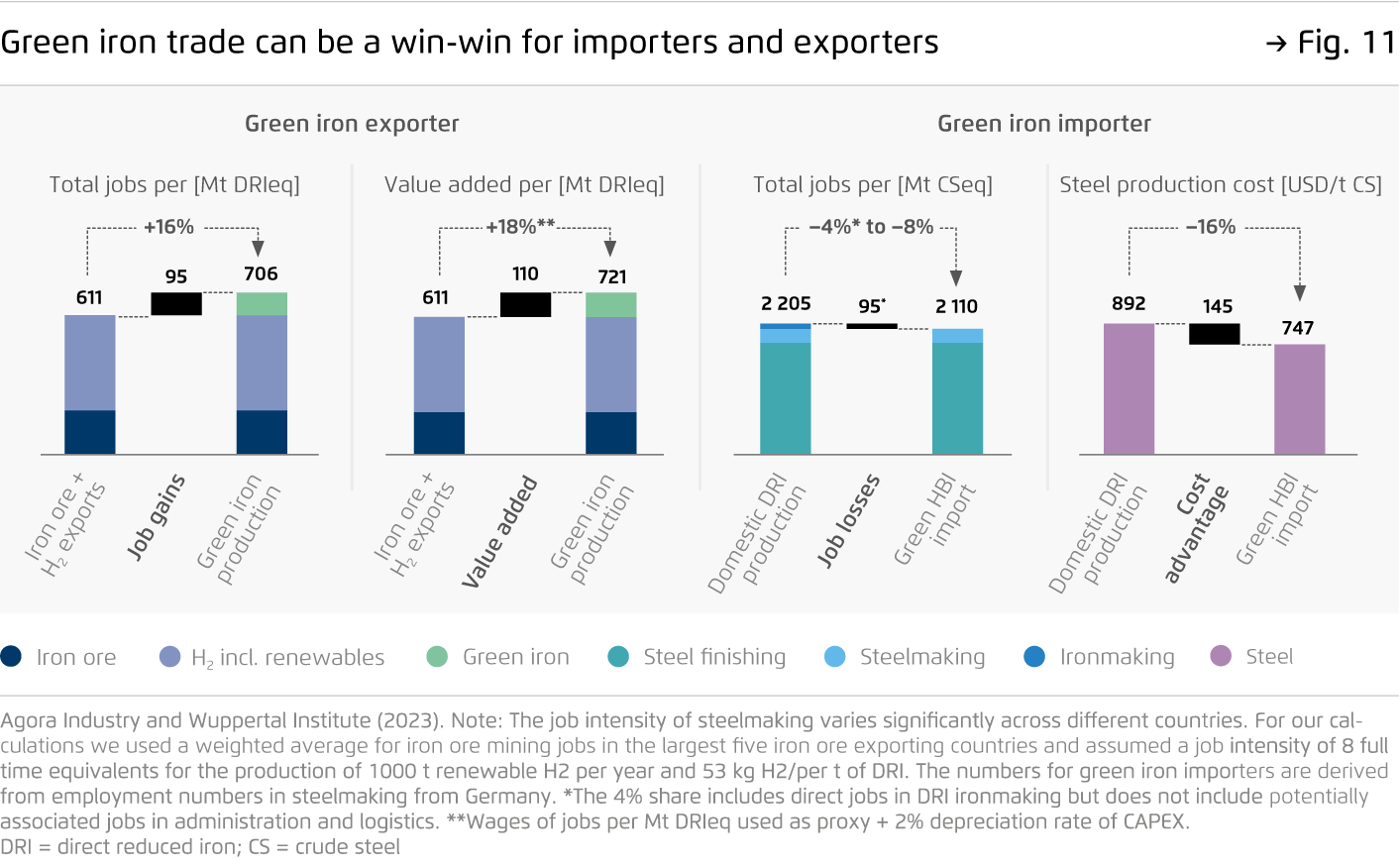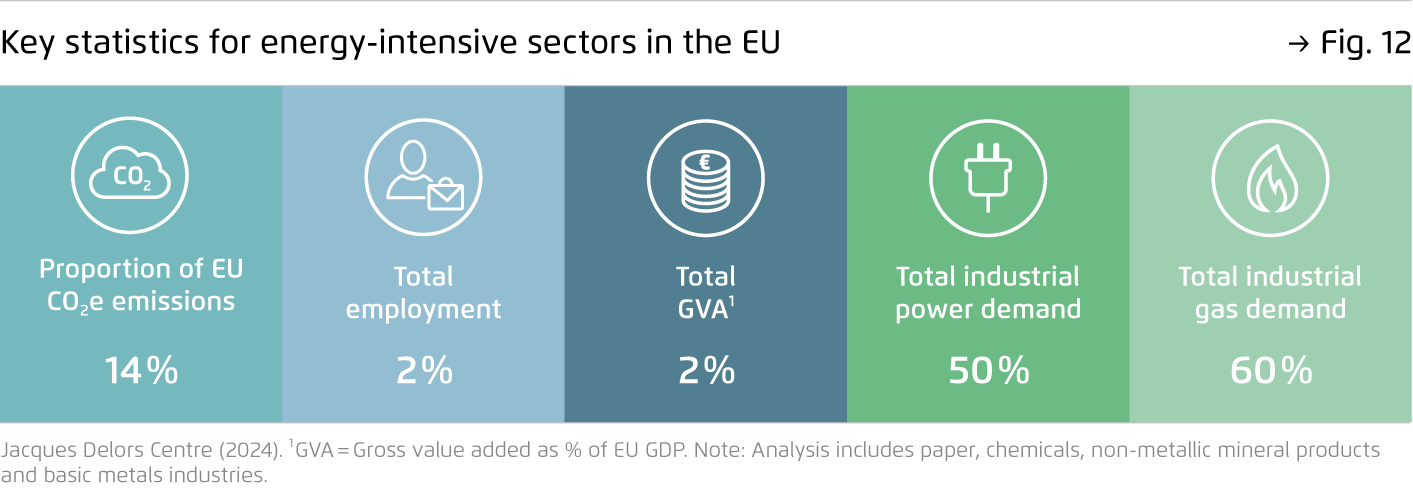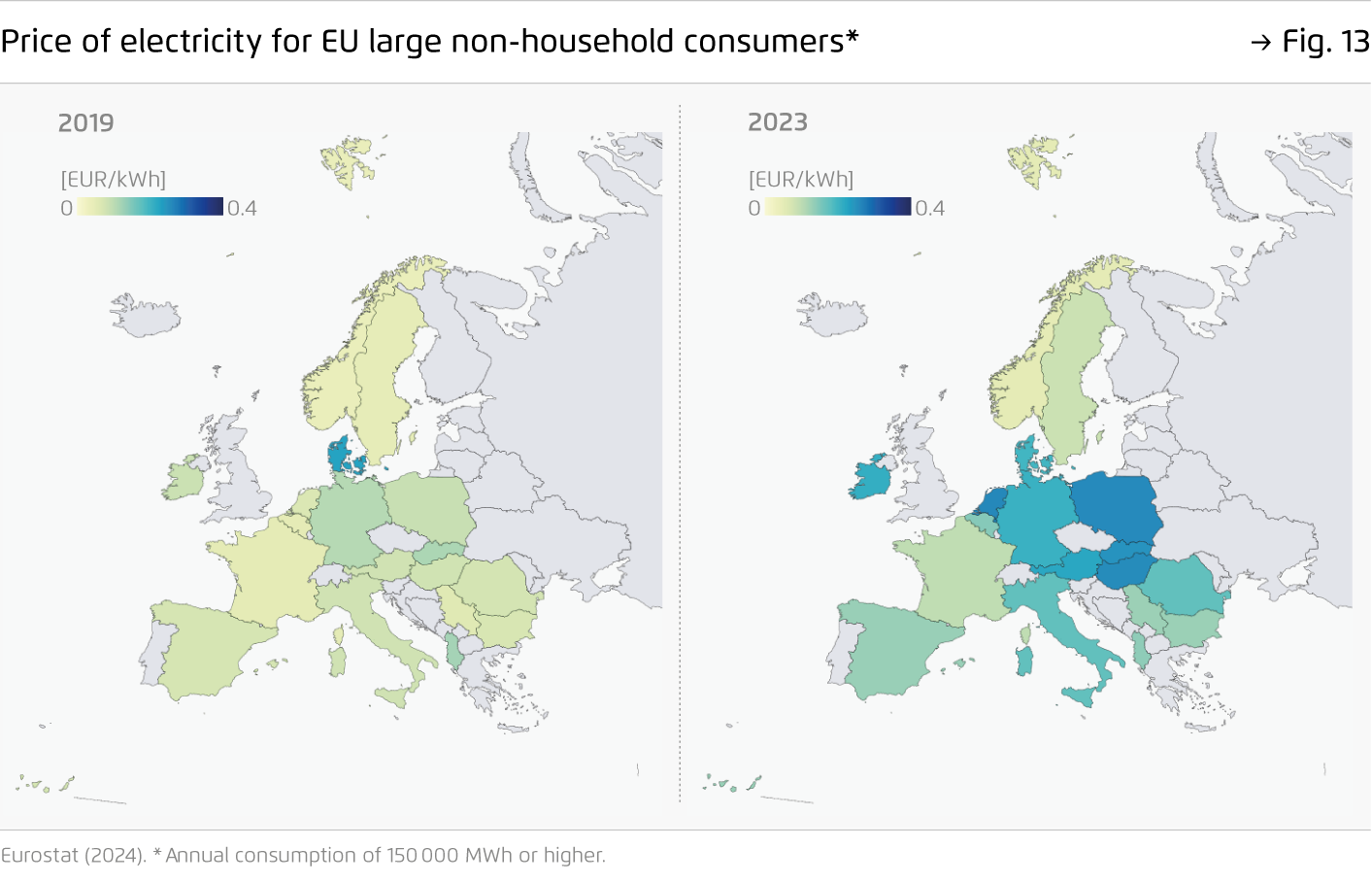-
The economics of renewable power, hydrogen and derived products suggest that renewable-rich regions may increasingly attract the most energy-intensive parts of decarbonised industrial value chains.
Anticipating the opportunities that the energy sector may provide will be key to adequately prepare for the transition towards climate-neutrality in both the Global North and South.
-
Politically stable, resource rich countries, with strong governance and advanced financial and industrial bases will be key locations for initial green industrial development in the Global South.
Countries such as Brazil and South Africa can become leaders in the supply of material for green value chains. Both nations can leverage their G20 presidencies to develop strategic international partnerships and establish themselves as important players in this field.
-
Renewable-rich Global South countries, which integrate energy intensive industrial value chains segments, can leverage their resources while avoiding economic risks such as dependency on raw material exports that can limit broader development.
By implementing policies that promote local processing of raw materials or renewable hydrogen, these nations can create jobs, retain domestic gross value added and build more diversified industries improving economic stability and growth.
-
By managing distributional effects across countries, fostering key equitable partnerships and diversifying critical material supply chains, demand centres in the Global North can improve their strategic autonomy and boost the competitiveness of existing industries.
This approach has the potential to not only accelerate global industrial decarbonisation pathways, but also to ensure a
just transition across regions.
Industrial value chain transformation
Renewable hydrogen as an enabler of a just global energy transition

Preface
The green industrial transformation depends on the rapid deployment of renewable energy at scale, alongside direct electrification. Many processes that cannot be directly electrified will nevertheless require power-to-x technologies to decarbonise.
Reducing the cost of this transformation requires abundant renewable energy, much of which is located in the Global South. While the emerging hydrogen economy offers a unique opportunity for countries in these regions to diversify their economies and advance their own energy transitions, there remains a risk of succumbing to the resource curse and energy extractivism.
Our research indicates that industries in Global North countries can benefit from the relocation of certain portions of energy-intensive processes that enhance their resilience and competitiveness with minimal job losses. This approach also has the potential to improve socio-economic conditions in the Global South, thereby creating ‘win-win’ scenarios across regions and accelerating the global energy transition by turning hard-to-abate sectors into fast-to-abate ones.
Strategic, long-term partnerships are key to the success of both energy and industrial transitions, with political stability and strong institutions in partner nations playing a role just as critical as renewable potential.
Key findings
Bibliographical data
Downloads
-
Impulse
pdf 2 MB
Industrial value chain transformation
Renewable hydrogen as an enabler of a just global energy transition
All figures in this publication
Need for molecules in addition to green electrons Agora
Figure 1 from Industrial value chain transformation on page 5
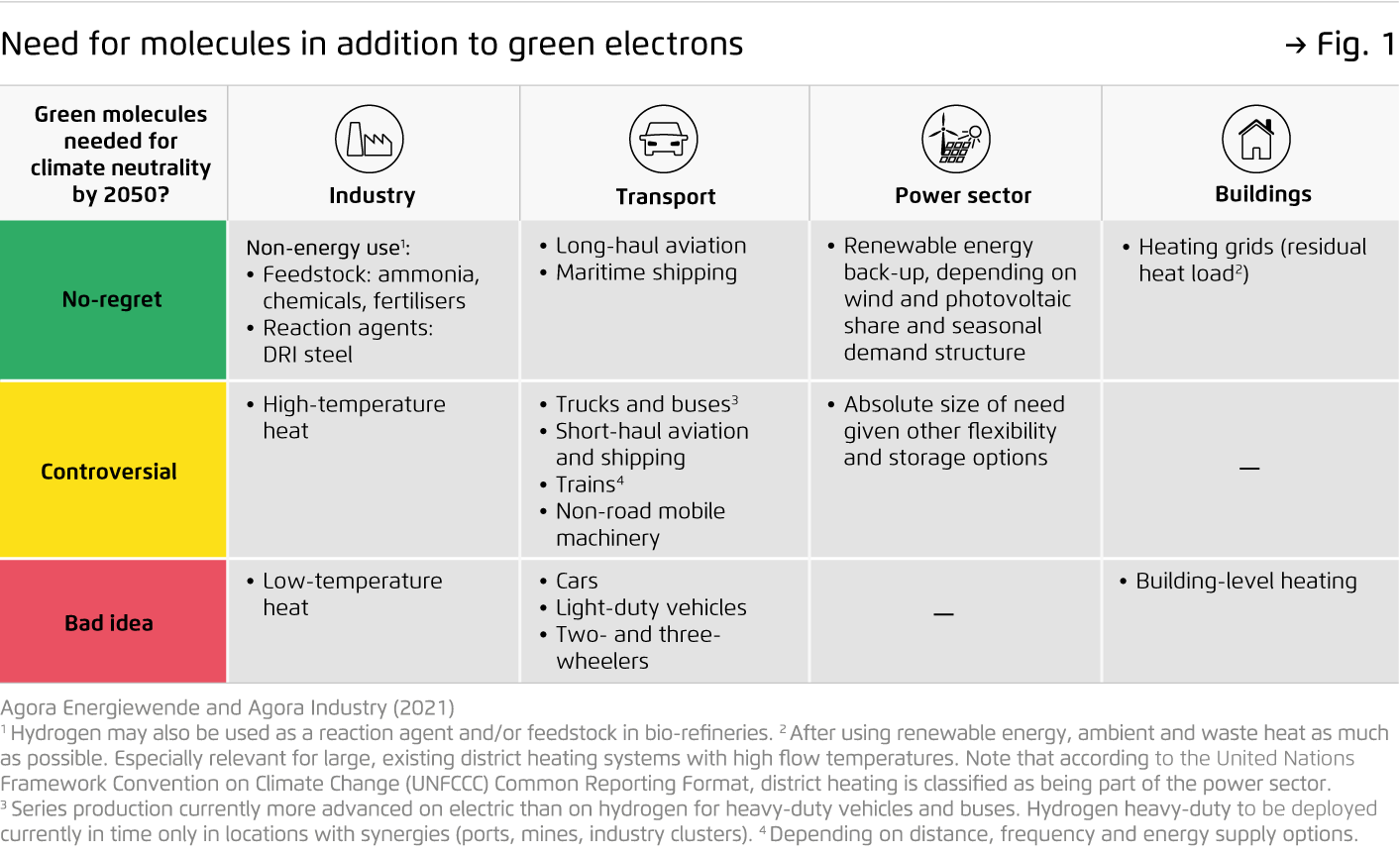
No-regret sectors: percentages of global CO2 emissions and GDP
Figure 2 from Industrial value chain transformation on page 6
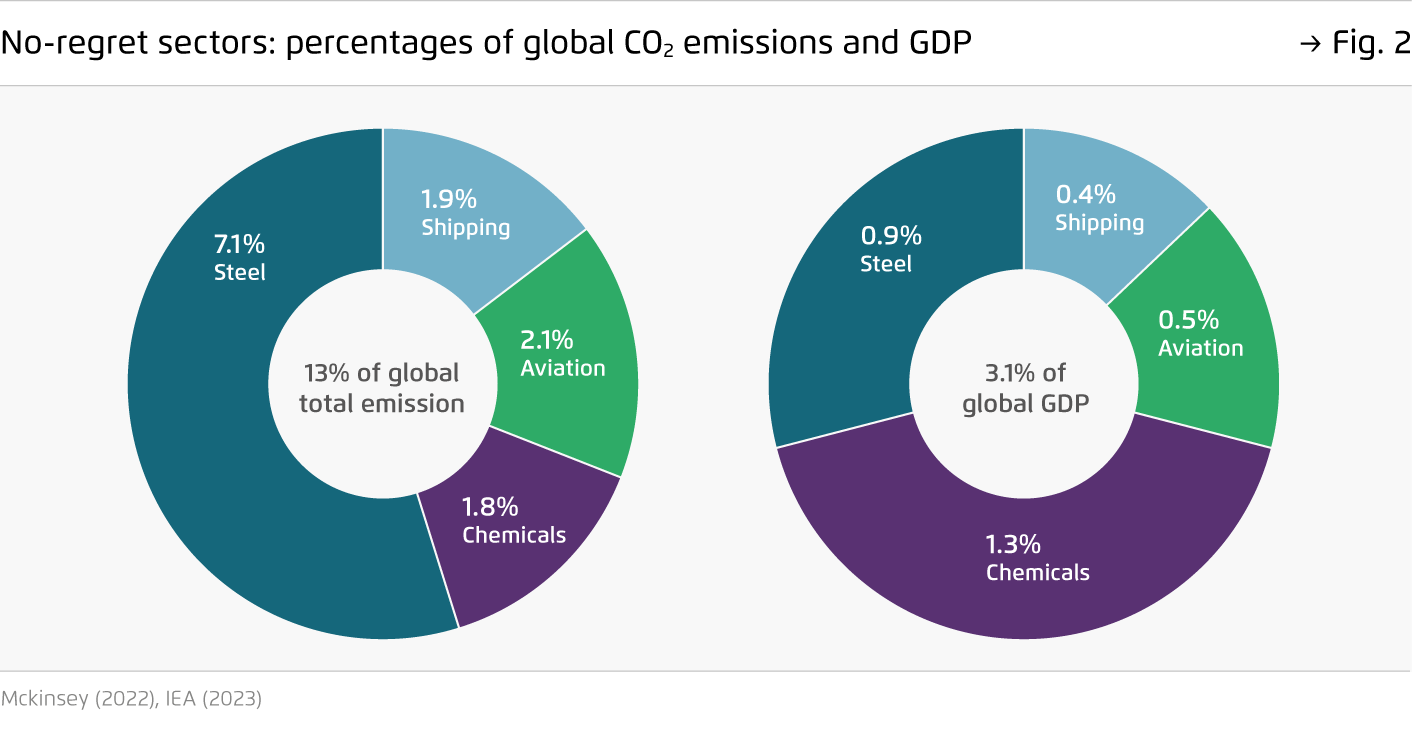
Our experts
-

Kathrin Gretener
Student Assistant Hydrogen (until April 2024)

